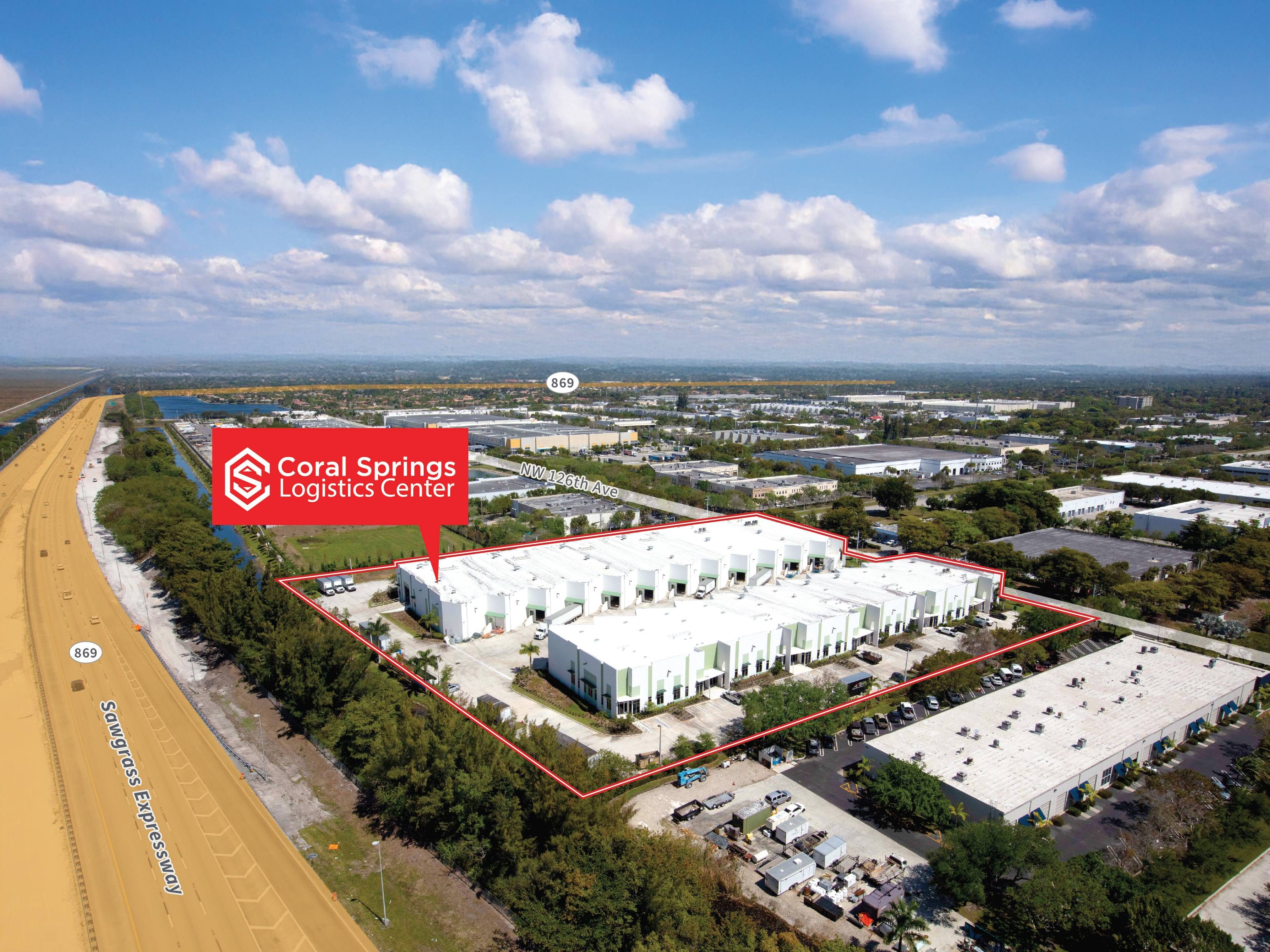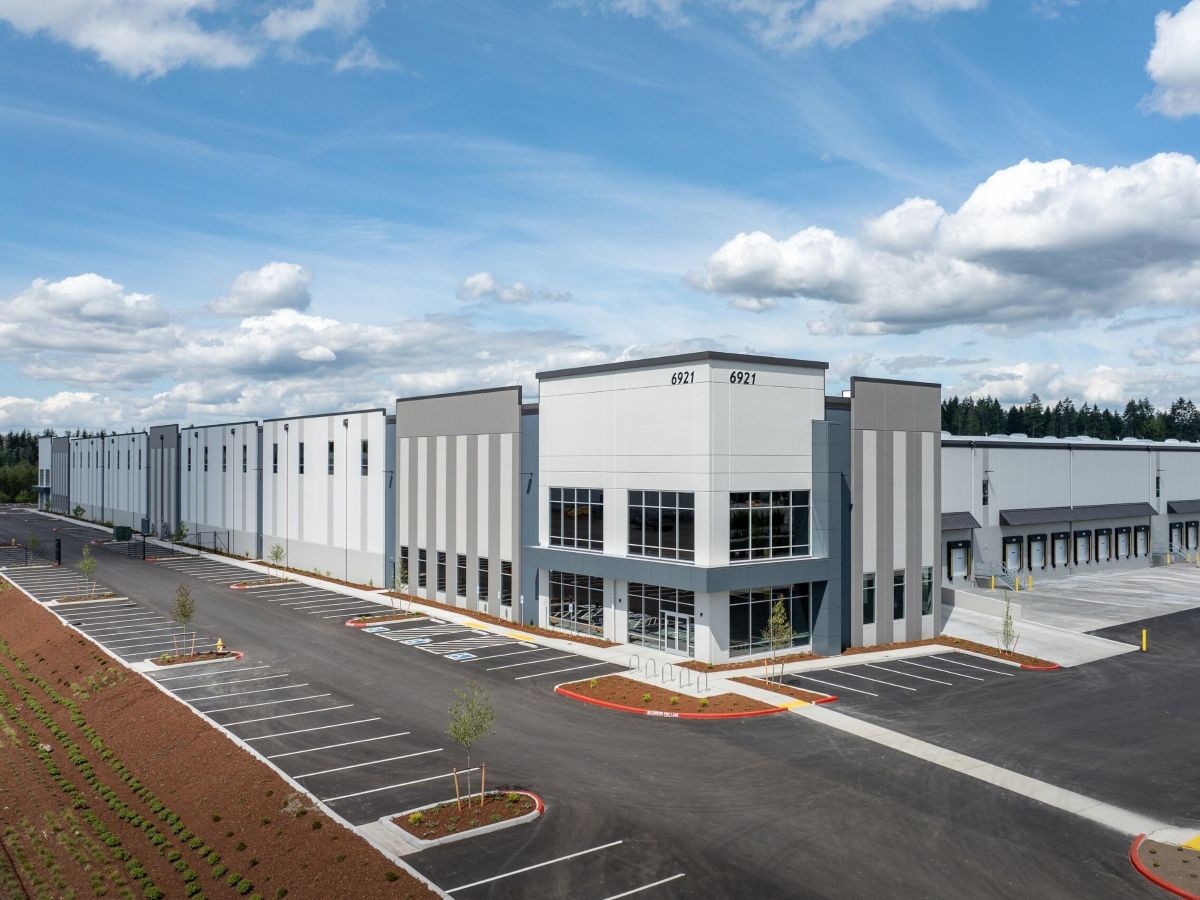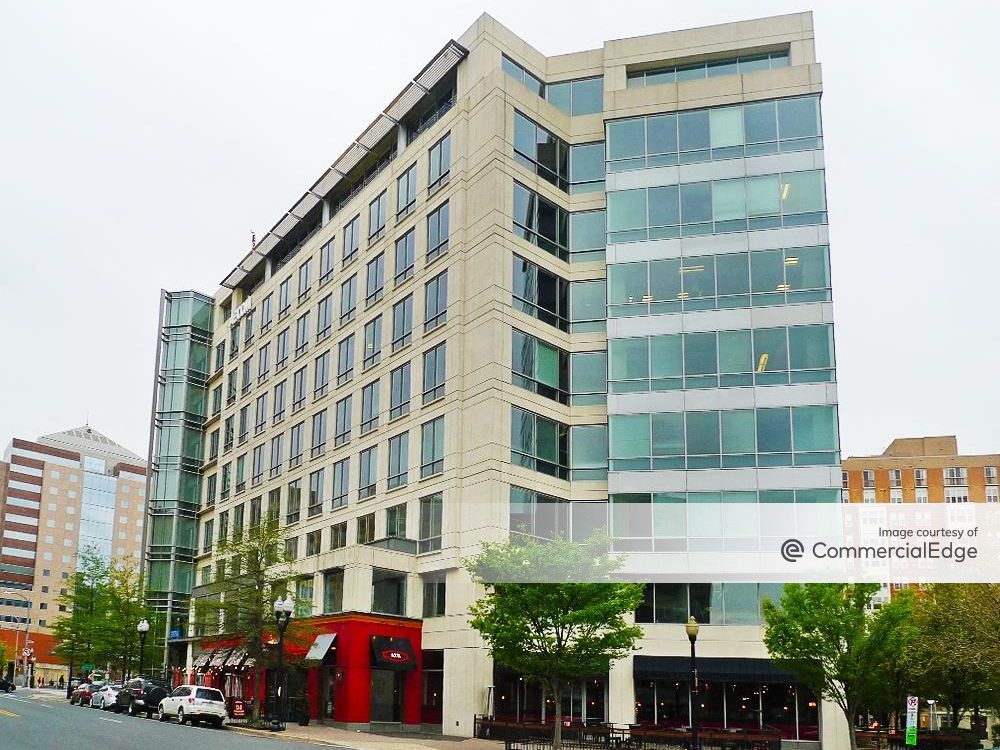Big-Box Net Lease Outperforms Market
Investors are scooping up this "essential" segment of the single-tenant retail sector, reports Randy Blankstein of The Boulder Group.

Randy Blankstein
Cap rates in the single-tenant net lease big-box sector decreased by 25 basis points to 6.75 percent from the fourth quarter of 2019 to the fourth quarter of 2020. The decrease in cap rates can be primarily attributed to increased investor appetite for big-box tenants that operate in an essential business category such as grocery related or home improvement.
Despite the headlines surrounding retail and the COVID-19 pandemic, demand in the marketplace for big-box retail assets was strong for specific tenants. Investment-grade tenants within essential and operational businesses experienced increased demand from investors in both the private and institutional sectors. The grocery sector was the winner, in addition to other retailers including Walmart, Costco, Target, Home Depot and Lowe’s. In the fourth quarter of 2020, properties with grocery-related tenancy accounted for more than 30 percent of the market, up 22 percent from 2019.
While investors sought investment-grade retailers in essential businesses throughout the pandemic, tenants in businesses that were targeted by government shutdowns experienced the opposite effect. Tenants in the fitness, movie theater and experiential retail categories suffered from the pandemic. Accordingly, investor interest in these categories was virtually nonexistent. The challenges that the pandemic and e-commerce created for retailers resulted in net lease big-box properties being priced at a 75-basis-point discount to the overall net lease market.
Tenant quality and financial resiliency will continue to be top of mind with net lease investors. During the fourth quarter of 2020, big-box properties with investment-grade rated tenants were priced 105 basis points lower than their non-investment-grade counterparts. Opportunistic real estate investors, however, will carefully be monitoring the sector for noncredit big-box properties. Investors will seek assets with strong underlying real estate or below market rents as these properties will provide above average returns with potential future value.
The single-tenant net lease big-box sector will remain bifurcated as investors monitor the continued effects of e-commerce’s growth and the impact of the COVID-19 pandemic. With higher returns available—when compared to other net lease sectors—investors seeking higher yields will continue to target these assets and evaluate the big-box retailer environment as it continues to evolve.
Randy Blankstein is the president of net lease advisory firm The Boulder Group.







You must be logged in to post a comment.